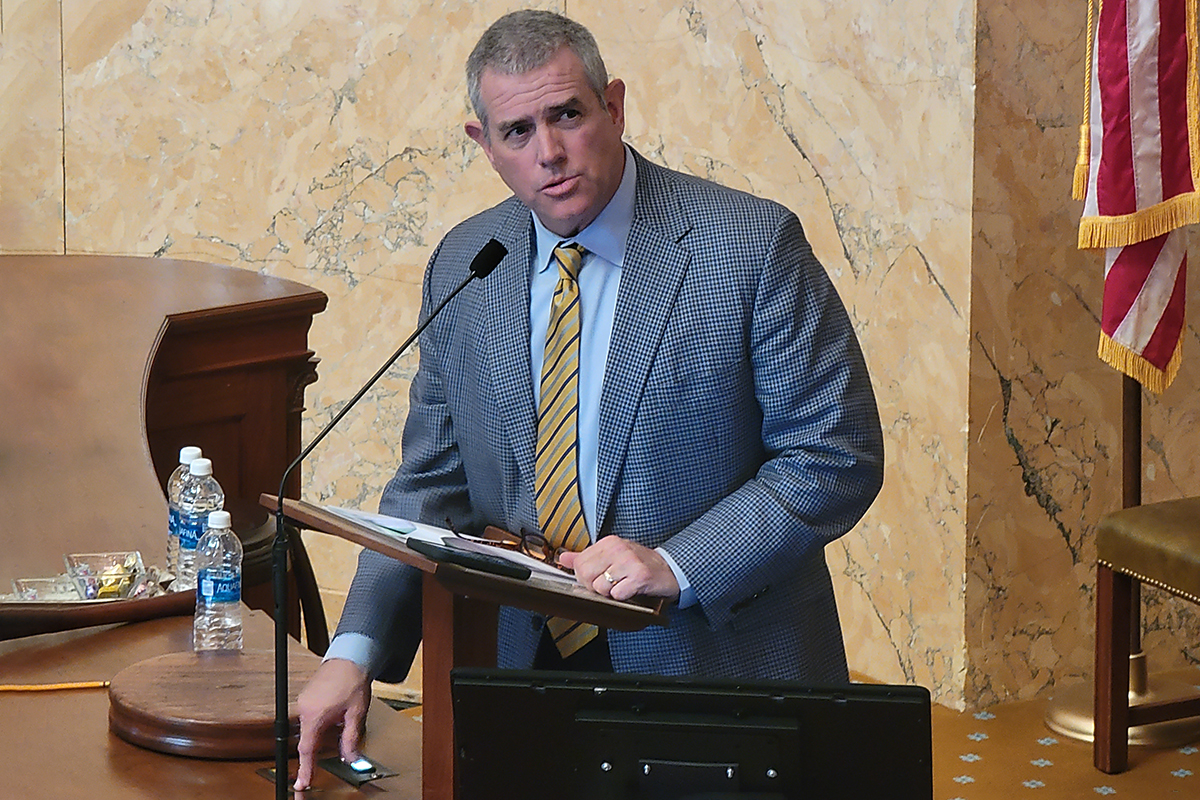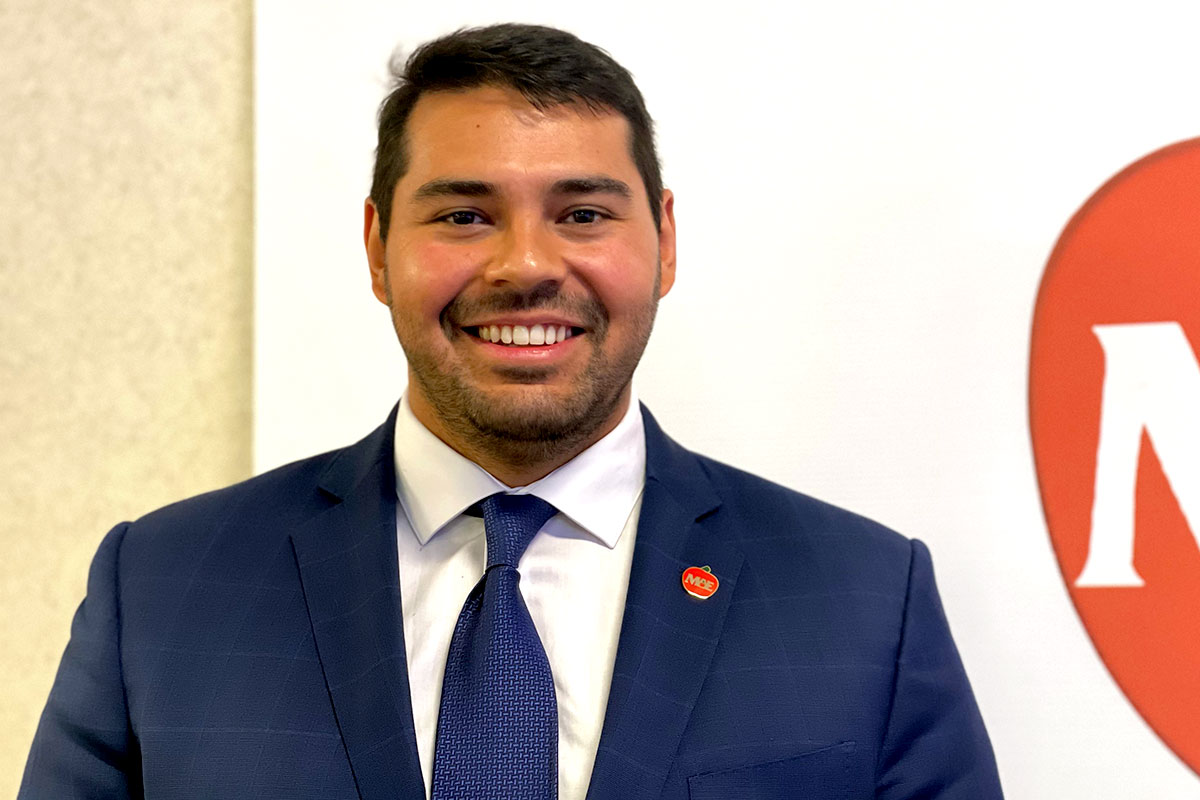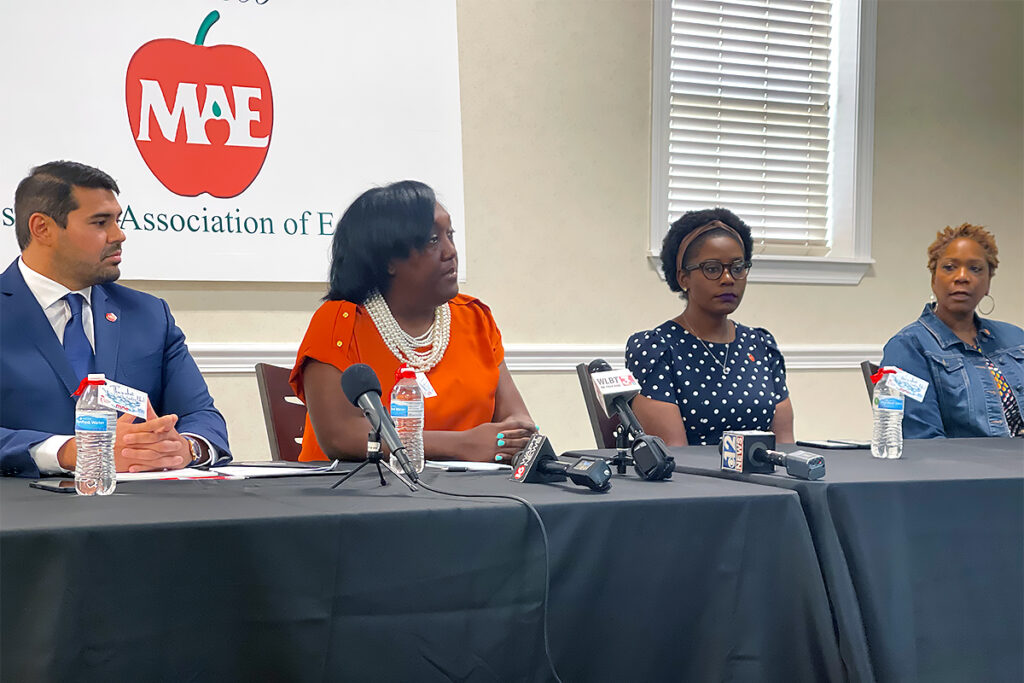JACKSON, Miss.—Each year, one Mississippi public school teacher spends about $500 to supply her students with basic classroom materials such as dry-erase markers, post-it notes and poster boards. That educator is far from alone and is among dozens of teachers who anonymously provided the Mississippi Association of Educators with statements on classroom needs last week.
The teacher’s union published the statements amid continuing negotiations between the Mississippi House and the Senate over how much the Legislature will spend to fund public schools this year. But House Speaker Philip Gunn said on Monday that he wants to jettison the Mississippi Adequate Education Program funding formula altogether.
The Legislature created MAEP in 1997 with the stated goal of ensuring all Mississippi children would receive an “adequate” education whether they attended school in a low-income or high-income community. Since that time, the State has only met the law’s requirements for fully funding education twice, most recently in 2008.
“I believe the formula is faulty. I think it’s outdated. I think it needs to be reworked,” Gunn told reporters at the Capitol on Monday. “In fact, we passed the bill five or six years ago to change the formula out of the House of Representatives. So we are not fine with the idea of putting more money in MAEP, but we’re certainly not opposed to spending more money on education.”
‘A Lot Of Things Are In The Air’
The Senate proposed an update to MAEP’s funding formula in its version of House Bill 1369. The Senate passed that bill and House Bill 1613, which would provide $181 million more for education this year in compliance with the new formula included in H.B. 1369. After both bills died in conference on Monday after missing legislative deadlines, legislative leadership opted to extend the deadline for those bills and others.
“So a lot of things are in the air right now, a lot of negotiations are still taking place, and so that’s where we are,” Speaker Gunn said Monday.

The unnamed Mississippi classroom teacher who wrote that she spent $500 yearly on school supplies said additional funding would help students.
“With additional funding, we could help reduce class size to ensure our children receive individualized instruction,” the teacher said. “Another challenge in the classroom is that our technology is outdated. While our students are used to touch screens, we still use old-fashioned mice and PCs in the classroom.”
The educator listed additional materials students need, including putty, water-based paint, brushes, laminating materials, tissues and paper towels.
“With increased funding, we could upgrade our technology to better engage our students and create a more dynamic learning environment,” the teacher added.“This would ensure that our students have the materials they need to succeed and that we, as educators, are not burdened with unnecessary expenses.”
A fourth-grade math-and-science teacher told MAE that state testing requires “manipulation of an interactive protractor on the computer,” but “we can only provide our students with physical protractors.”
‘We Want Our Schools Fully Funded’
Mississippi Association of Educators President Erica Jones told the Mississippi Free Press that the organization is not giving up on advocating for more education funding, but that House members are not giving the MAEP formula bill and the education funding bill the same level of support as the Senate, which approved both in 52-0 votes.
“We want our schools fully funded. We are not opposed if it’s done through a robust budget that some other House of Representative members have proposed,” she said.

MAE Executive Director Antonio Castanon Luna told the Mississippi Free Press that more than 2,300 affiliated educators have emailed lawmakers pushing for more school funding. “Additionally, over a hundred of them have directly contacted Speaker Philip Gunn’s office and Speaker Pro Tempore Jason White’s office via a phone call,” he added.
“We’ve collected a number of stories reflecting the needs of the classroom and shared it with some legislators,” he said. “Educators are executing hands-on collaborative instruction, and they do not have enough resources to guarantee that every student has an opportunity for hands-on work. Moreover, when we think about students needing individualized instruction, our classroom sizes are way too big, exceeding 25, exceeding 30.”
“We need to ensure that we have funding to meet the needs of those students by having interventionists, by having classroom assistants, by hiring more qualified educators,” he said. “We’re also aware that legislators are meeting to determine the final funding levels on the budget. So we’re just continuing to emphasize the need to fully fund our public schools because that is the reality that is being shared by educators, by our members about school needs.”
Teacher Assistants ‘Living Below the Poverty Line’
MAE President Jones called on the Legislature to increase pay for teacher assistants. In 2022, the Legislature passed House Bill 530, increasing assistants’ minimum salary from $15,000 to $17,000.
“Many of our teacher assistants are living below the poverty line. Many of them have to work second jobs just to make ends meet,” she said. “So this is something we want to do to make sure we keep the best folk in our school systems.”









